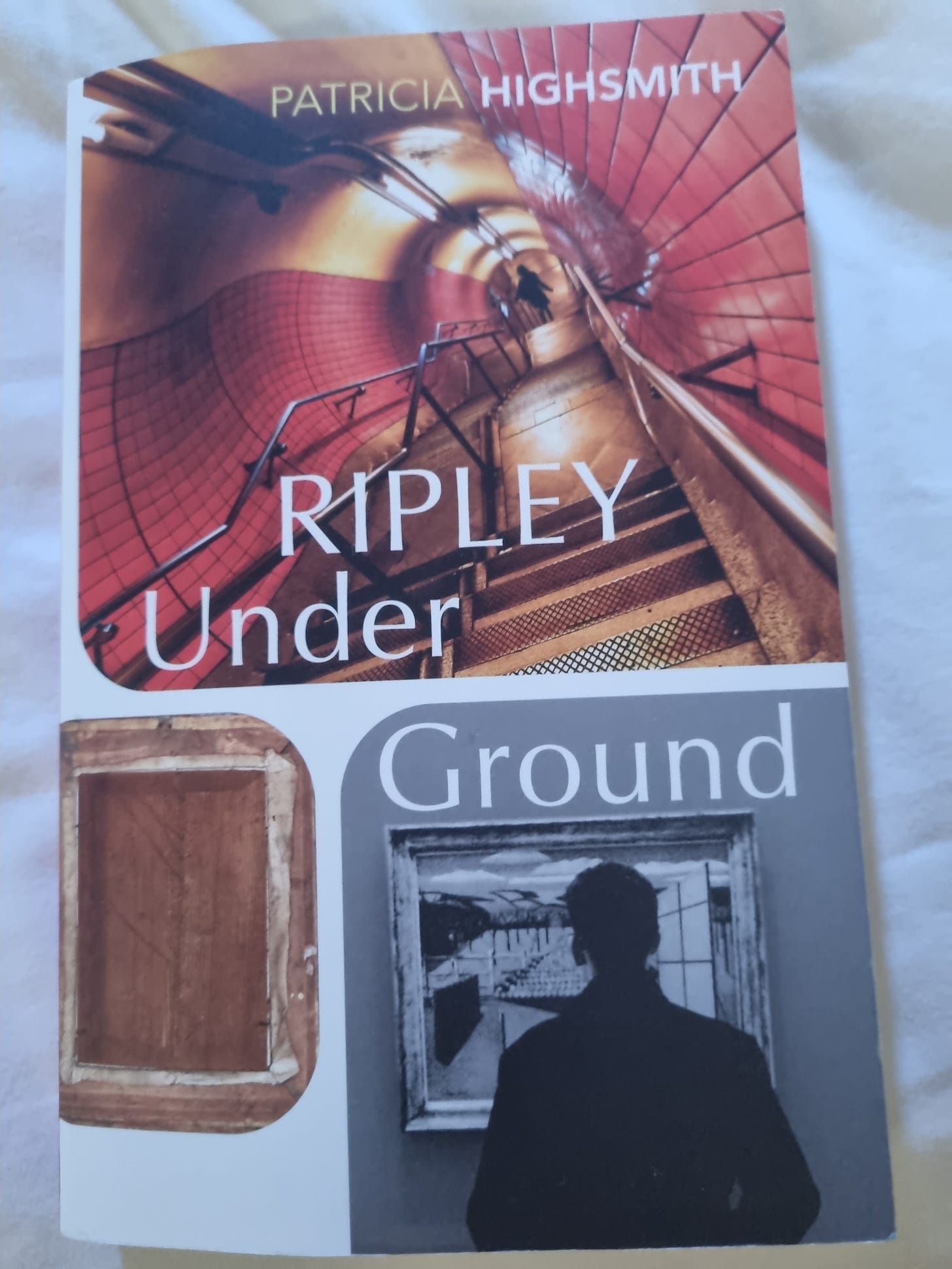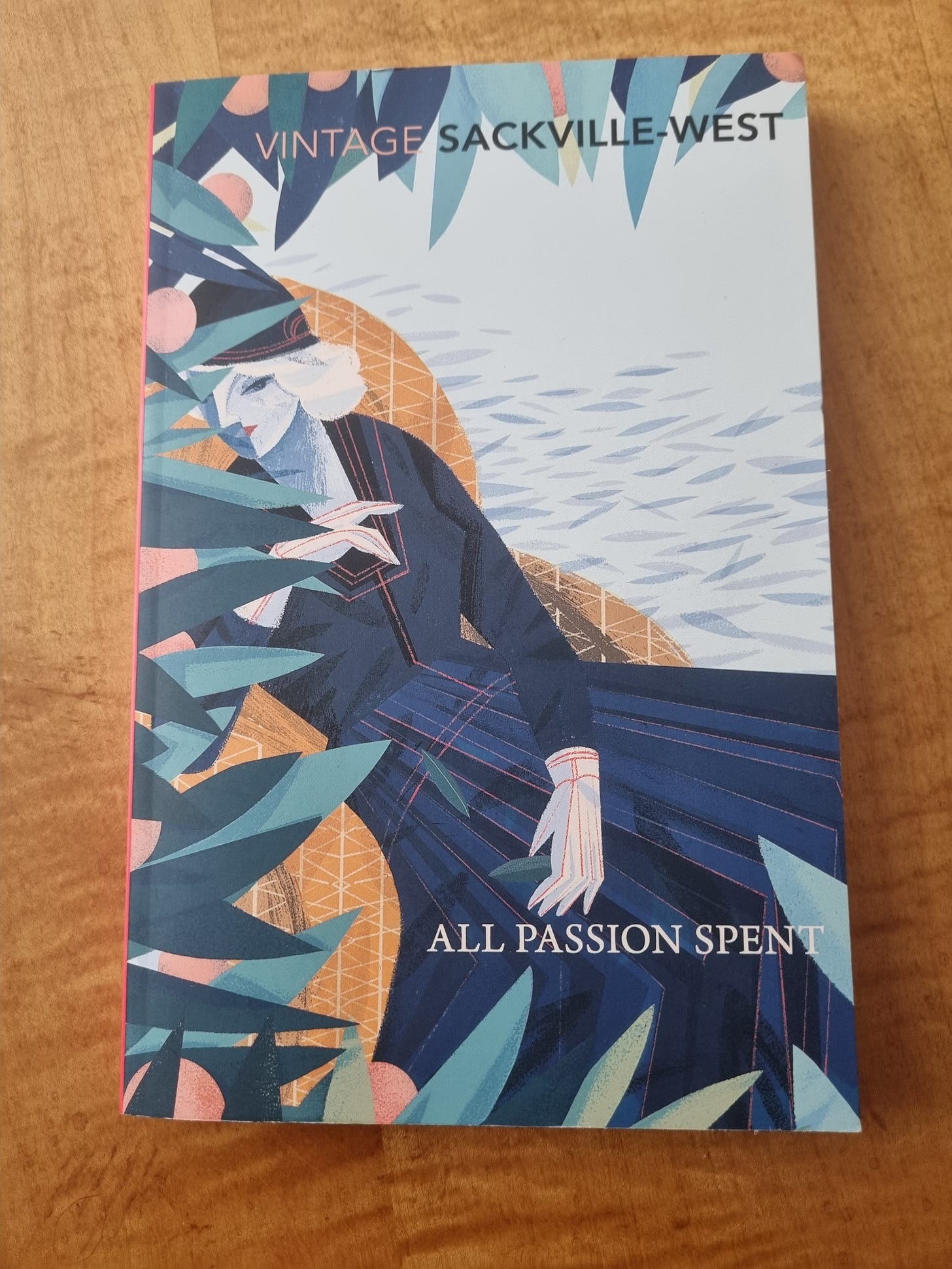Ah, summer reading. Every single supplement and books post is full of suggestions at the moment, containing lists of thirty or forty books we are all meant to conquer during our summer break, no matter how long or short it may be. My list only comprises three books, which I think is a sensible list for a summer break. One of them is so short it can be read from start to finish during a long train or plane trip, which is one of the points of summer reading (the other being books that you will never read again as they will be taken to the beach or pool and ruined with a combination of water, sand and suncream).
I am somewhere on this mountain right now
When you get this post I will be ensconced in a tent somewhere here, on the lower slopes of Kilimanjaro. I’m climbing it this week with my son Lucien, and the trip starts on Wednesday. So by the time the Art Stack comes to you on July 4th, we’ll be several thousand feet up the mountain. And yes, I have already voted. The UK will be heading towards a new administration, probably. And you may well feel like escaping into a book. My sister Mary, as it happens, climbed Kilimanjaro about thirty years ago. Easier times. Her entire kit list consisted of: 1. Boots. 2. Sleeping bag. 3. Jacket. My list, by contrast, runs to four pages and includes unfamiliar items such as “approach” shoes. She also took a copy of Middlemarch with her. She said it was the perfect holiday read, and took to it when she was acclimatising in the aforementioned sleeping bag.
I am taking her sleeping bag with me, but I won’t be taking Middlemarch, which is too heavy to have alongside my head torch, approach shoes, wet weather gear, hot weather gear and inflatable mattress, but there is something to be said about reading a book whose subject and style is in direct opposition to the place you are visiting. Hence, why not pick up with Jane Austen on safari, or if you are going to the Lake District, you could pack Lloyd Jones’s brilliant, heartbreaking revision of Great Expectations, Mister Pip, which takes place in the South Pacific. Anyway, wherever you are going, these three are all good reads and will stop you from reaching for your phone to find out what is going on back at home.
My first recommendation is Sue Hubbard’s lovely Flatlands which has just come out in paperback. It’s a rewrite of Paul Gallico’s novella The Snow Goose, but Hubbard has only kept the bare bones and date of the story, which recounts the meeting of a young woman with an older man who helps her nurse an injured goose back to health, and ends with a set piece during the Dunkirk evacuation in the war.
Book One, Flatlands by Sue Hubbard
Hubbard has extended, and changed, the characters of the girl and the man, and turned the story into a rather wonderful saga of two uprooted people searching for a way back to their home. She bases the book on the flat waterlogged land of the Wash in East Anglia and depicts it against not only the drama of Dunkirk, not an easy gig to write about by any means, but also the careless cruelty of wartime evacuation. It’s beautifully written, and if you choose to compare it to the Gallico original, which is now rather dated, an altogether more resounding experience.
My second recommendation is one I read off the back of the new Ripley TV series starring Andrew Scott, and is the next in the travails of the mid-century anti-hero. Ripley Underground involves a slightly tortuous plot about an invented artist, or at least, a famous artist who has died, but whom Ripley and his accomplices pretend is still alive, living anonymously in Mexico and churning out ‘masterpieces’ which are of course forgeries and which provide Ripley et al with a decent living. It’s a reasonably preposterous idea, but Highsmith’s writing is so good that you are carried along with it in a most enjoyable fashion, and again you are rooting for Ripley (by now married to a pharmaceutical heiress), to prevail even though he is clearly a psychopath.
Nasty, but nice. Ripley Under Ground
My third recommendation is the one which you can gallop through in a couple of hours, although I think it will stay with you for a lot longer, and that is Vita Sackville-West’s All Passion Spent, written in 1931. Please read this book. In her brilliant introduction to the Vintage edition, Joanna Lumley posits the idea that it is a sort of fictional pendant to Virginia Woolf’s A Room Of One’s Own, and I think that is correct. Sackville-West is more a writer of her time than the radical Woolf, her contemporary and lover, but in terms of modern feminist thought it is no less astute.
This is my top summer recommendation. Succinct and beautiful.
It opens with the death of the famous and universally respected politician Lord Slane, and Sackville-West has great fun savagely depicting his six children who all descend on their widowed mother in order to ‘look after’ her in her dotage. Lady Slane, however, will have no such thing, and in the book’s subsequent chapters, we understand that contrary to being devastated by bereavement, Lady Slane is fired with enthusiasm for personal and artistic freedom, no matter how late in life it comes.
It is a beautiful novella which brilliantly goes into the mind of a woman at the end of her life, and unpicks the early 20th century female dialectic between social duty and inner fulfilment, a battle which is still being played out today. By the end, when Lady Slane, freed from patriarchal control, hands on the baton, you feel as if you have been inside the head of an actual person. With wit and style the book celebrates female identity and female spaces, and what it is to be a creative woman with agency. Incredibly, nearly 100 years after it was written, all these things have become fraught ambitions.








Thank you!!
Wow, what an adventure you must be having on that mountain. Look forward to reading more about it. Thanks for the book recommendations.